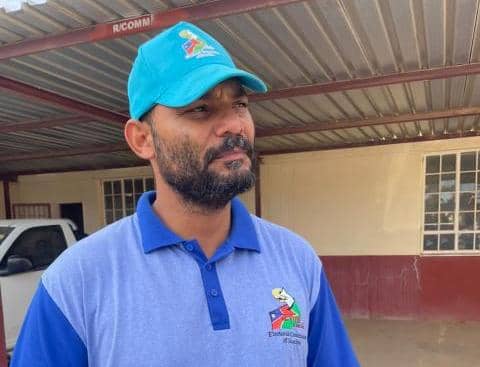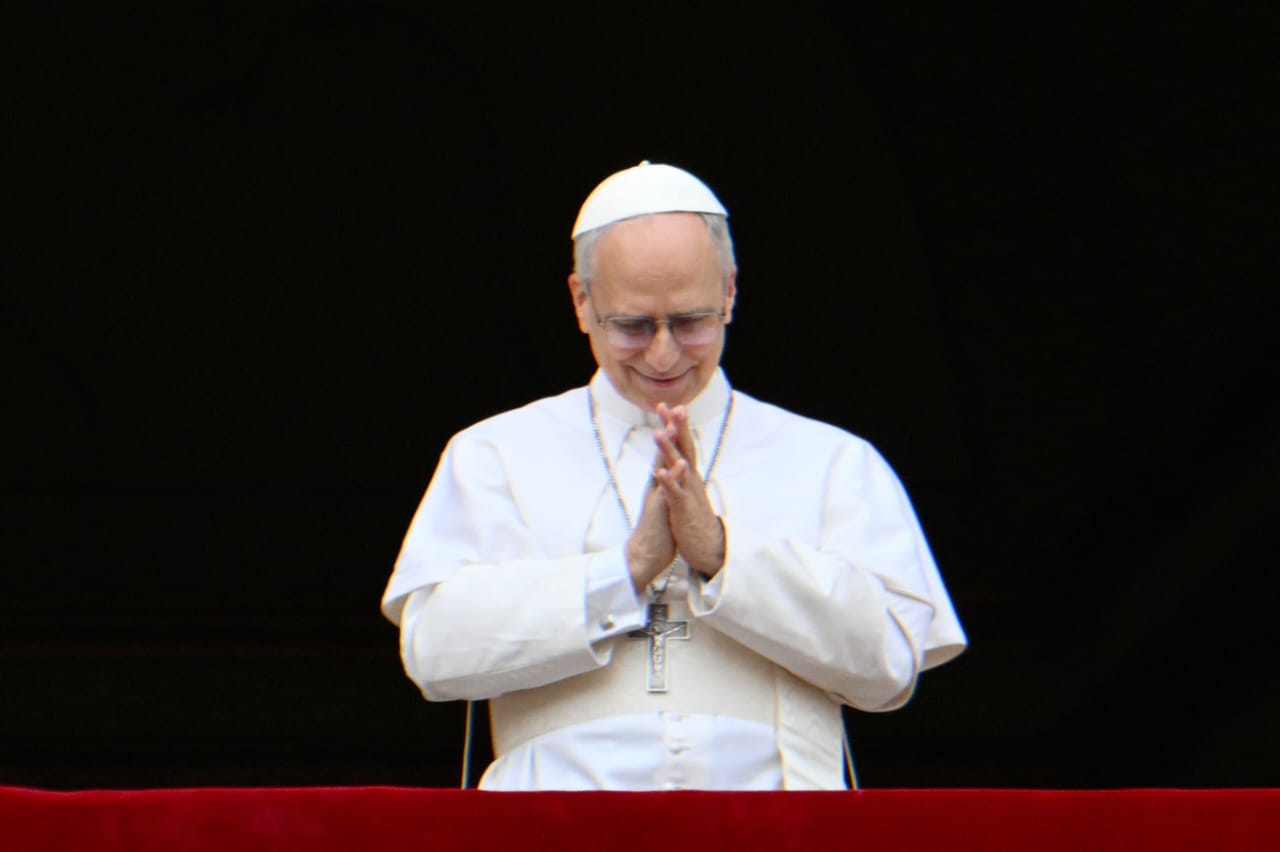THE future of former Supreme Court Judge Pio Teek, and the fate of the case in which he was charged with abducting and sexually molesting two girls in Windhoek over four years ago, are now in the hands of three of South Africa’s most senior Judges.
A hearing on an appeal by the State against Teek’s acquittal in late July 2006 on all charges that he faced in a trial in the High Court was concluded in the Supreme Court yesterday with three Judges of Appeal from South Africa’s Supreme Court of Appeal reserving judgement in the matter.The ruling that is to be given by Appeal Judges Piet Streicher, Kenneth Mthiyane and Fritz Brand – appointed as Acting Judges of Appeal of Namibia’s Supreme Court to deal with the State’s appeal against Teek’s discharge by another South African Judge, Ronnie Bosielo, on July 28 2006 – will determine whether the trial of Teek will remain a matter of history, or if it will be revivedby returning to the High Court after a hiatus of more than two and a half years. Judge Bosielo discharged Teek (62) on all of the eight counts on which he stood trial after the prosecution had closed its case against him. Whether he was correct in doing so, or if another courtcould have come to a different conclusion with the same evidence before it, are issues at the core of the appeal that was heard yesterday.Teek pleaded not guilty to all of the charges against him. The main charges against himincluded two counts of rape,two counts of abduction, alternatively kidnapping, and two counts of committing or attempting to commit an immoral or indecent act with a child under the age of 16 years. He was also charged with two counts of supplying liquor to a person under the age of 18. In a plea explanation given at the start of his trial, Teek admitted that he picked up the two complainants in the case in Katutura after 21h00 on the evening of January 28 2005. The two girls wereten and nine years old. He claimed that he was feeling sorry for them because they were thin and dirty, and that it was his intention to take them to his house to give them some food before returning them to their own homes. At his house on a small holding in the Brakwater area north of Windhoek he fell asleep after the children had eaten, he claimed. As a result, thetwo girls slept at his house and he took them back to Katutura the next morning.Teek denied having ever touched the girls or having given them alcohol todrink. He only had good intentions to help two hungry children, and he atall stages acted in a noble manner, he stated. Especially Judges Streicher and Brand recountedrepeatedly during the hearing yesterday thataccording to the two girls, though, Teek told them to bend down in his car as they passed a Police roadblock on the way to his house, that at his house he gave them beer to drink, let them swim dressed only in their panties, sat watching them as they swam, later undressed himself andwalked around naked in front of them, showed them a pornographic video, had the two girls on his lap at some stage, and also asked them to sleep with him. Addressing the three Appeal Judges on behalf of the State, Deputy Prosecutor General Danie Small told the court that in the prosecution’s view the two girls’ credibility was not as utterly destroyed as Judge Bosielo madeit out to be when he gave the ruling in which he discharged Teek. Small argued that JudgeBosielo adopted a wrong approach when he concluded that the girls’evidence was unreliable after using the evidence of each girl to discredit the other’s testimony.If Judge Bosielo had dealt with the evidence before him as a whole,instead of concentrating on differences in the testimony of the two girls, he might have realised that those differences in their evidence were on minor issues, Small argued. State advocate Innocentia Nyoni, who was representing the State with Small, also questioned why Teek had made the girls bend down in his car when they passed a roadblock if his intentions withthem were as innocent and noble as he claimed. The same question was persistently put to Anton Katz, representing Teek, by Judges Streicher and Brand when Katz had his turn to address the court. Only Teek would know what his intentions were, Katz eventually replied.At Teek’s house, Teek did not try to have intercourse with the girls, Katz told the court. He argued that based on this evidence, no reasonable court would be able to find that Teek had abducted the girls with the intention of having sex with them. Katz represented Teek together with Louis du Pisani, Deidre Sauls and Richard Metcalfe.werner@namibian.com.na
Stay informed with The Namibian – your source for credible journalism. Get in-depth reporting and opinions for
only N$85 a month. Invest in journalism, invest in democracy –
Subscribe Now!










